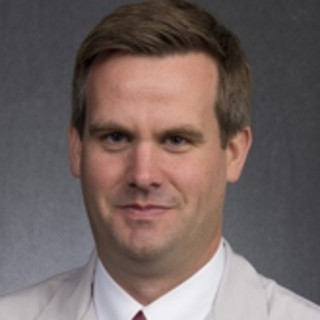We lost a lot in the pandemic. In the scheme of things, health conferences were the least of it, but landing in Miami for the Society for Clinical Vascular Surgery Annual Symposium felt like a much-needed homecoming.
In the past year, there have been many challenges and changes to the way meetings are organized and information is exchanged, and most importantly, how we’ve cared for our patients. We’ve had to pivot and learn along the way.
A year ago, the symposium was canceled as we began to understand the severity of the coronavirus. The last time I was able to network and exchange ideas with my colleagues like this was in February 2020 at the Critical Issues America Annual Conference. It was the start of what was a trying year for everyone while navigating the COVID-19 pandemic in a safe but efficient manner.
Now, with vaccinations on the rise and case rates on the decline, the SCVS offered a hybrid meeting that gave us a glimpse at a return to normalcy. It was a reminder of the growth that we can achieve and the lessons we can learn from each other. It was a rare week of personal connection, extended — and sometimes heated — discussion about technique, providing an energy in the room that’s just not possible on Zoom. The meeting gave me a new appreciation for face-to-face connections without the barriers of a screen.
While many of the presentations were pre-recorded, there were still in-person presentations. There was engagement that is rarely achieved in teleconferencing, and the hybrid format allowed those who were unable to make the trip to Miami, or chose not to, join in the conversation as part of a virtual audience.
The conference, of course, focused on vascular surgery, including sessions dedicated to abdominal and thoracic aortic interventions, peripheral arterial disease, carotid disease, dialysis access, education and training, venous disease, medical management, and imaging. But it was more than that.
We talked about reimbursement issues, coding changes, and the challenges of high-pressure decision-making scenarios. As always, there were case presentations and debate about technique. But it was a chance to relate to each other, even when we disagreed.
A session on education and training opened up a discussion on how vascular surgery compares to other specialties in terms of medical school interest groups, online societal and specialty resources, and ideas for further programs to aid in student recruitment. Dr. Eli Robins from the University of Rochester showed in his talk that students value low-cost, high-yield events to spark interest in the field.
We evaluated the value and limitations of administrative databases and the role of social media among vascular surgeons. And the popular debate session prompted some good-natured jabs. The debates ended on a less serious note, Dr. Malachi Sheahan III, from Louisiana State University, wore a colonial style hat to rap about why vascular surgeons are bad at social media à la "Hamilton." (Follow me on Twitter.) But we talked about the importance this has on future recruitment, especially compared to other specialties.
There was a discussion about the significant increase in published studies utilizing large databases, and there was a great exchange about the utility and limitations of this data and the future accountability that is needed in a team-based approach to peer-reviewing these studies for presentation at meetings and publication in our journals.
But the overarching themes of the meeting were leadership and humility. We learned that we all have the ability to be successful leaders, regardless of the level we’re at in our careers, and that it’s always important to engage with those around you and truly listen to what they have to say. We were encouraged to take pride in our work and achievement but to remain humble and walk the fine line between pride and hubris.
It is through continued humility that we will be able to further advance vascular surgery, recruit the best and brightest, and remain proud to belong to the field of vascular surgery.
While COVID-19 has changed the way that we conduct meetings and interact with each other, the SCVS meeting was a reminder of the joy that being back together brings. There are signs of hope, an enthusiasm, and an optimism in the future of vascular surgery.







